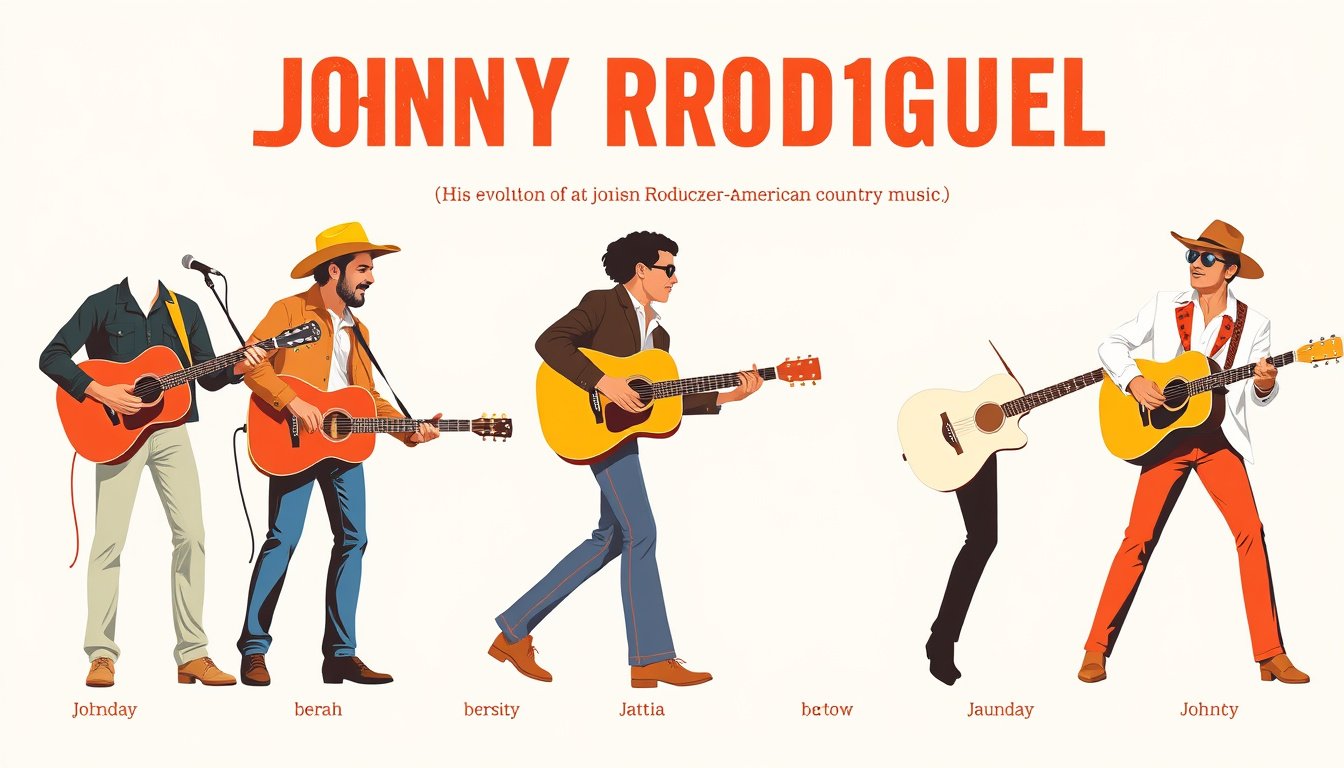Johnny Rodriguez stands as a transformative figure in the landscape of country music, heralding the rise of Mexican-American artists in a genre that has traditionally been dominated by Anglo musicians. His journey from humble beginnings to international stardom lays a compelling narrative that captures the essence of cultural evolution within the music industry.
Early Beginnings and Influences
Born in 1951 in Sabinal, Texas, Johnny Rodriguez’s musical journey began at an early age. Raised in a family that cherished traditional Mexican music, he was influenced by the sounds of rancheras and other regional styles. These early experiences would profoundly shape his identity as a musician. However, it was the sounds of country music that ignited his passion. Inspired by the lives and stories encapsulated in country songs, Rodriguez sought to blend his Mexican heritage with the American country music scene, effectively creating a niche for himself that had been largely unexplored.
Rise to Fame
Rodriguez’s breakthrough came in the early 1970s when he signed with the legendary Mercury Records. His debut single, "You Always Come Back (To Hurting Me)," released in 1973, quickly climbed the charts, reaching the top 10 on the Billboard Hot Country Songs chart. This success was not just a personal victory; it was a landmark moment for Mexican-American representation in the genre. Rodriguez became the first major Mexican-American country music star, paving the way for many others who would follow in his footsteps.
His storytelling ability shone brightly in subsequent hits like "Ridin’ My Thumb to Mexico" and "Pass Me By." Each song reflected the experiences and identity of Mexican-Americans, resonating with a diverse audience and opening doors for future artists.
Cultural Significance and Legacy
The significance of Johnny Rodriguez extends beyond his musical contributions. He symbolizes a cultural bridge, blending the rich traditions of Mexican music with the storytelling brilliance of country music. This combination has enriched the genre and broadened its appeal. As a pioneer, Rodriguez played a critical role in challenging the stereotypes often associated with Mexican-Americans, illustrating that their stories, struggles, and songs deserve a place in the heart of country music.
His contributions have inspired a new generation of artists, including well-known figures like George Strait and Miranda Lambert, who have acknowledged the influence of Rodriguez’s work on their own music. Furthermore, Rodriguez’s legacy is evident in the growing presence of Latinx artists in the country music scene, proving that the genre continues to evolve and embrace diverse narratives.
Conclusion
Johnny Rodriguez’s journey through the tapestry of country music is a testament to the power of perseverance, talent, and cultural blending. His ability to navigate and merge different musical influences has left an indelible mark on the genre, embodying the spirit of innovation and representation. As we reflect on his pioneering contributions, it becomes increasingly clear that Johnny Rodriguez’s evolution as an artist is not just a record of individual achievement but a vital chapter in the expanding story of American country music. His legacy will undoubtedly continue to inspire future musicians and enrich the musical landscape for years to come.










